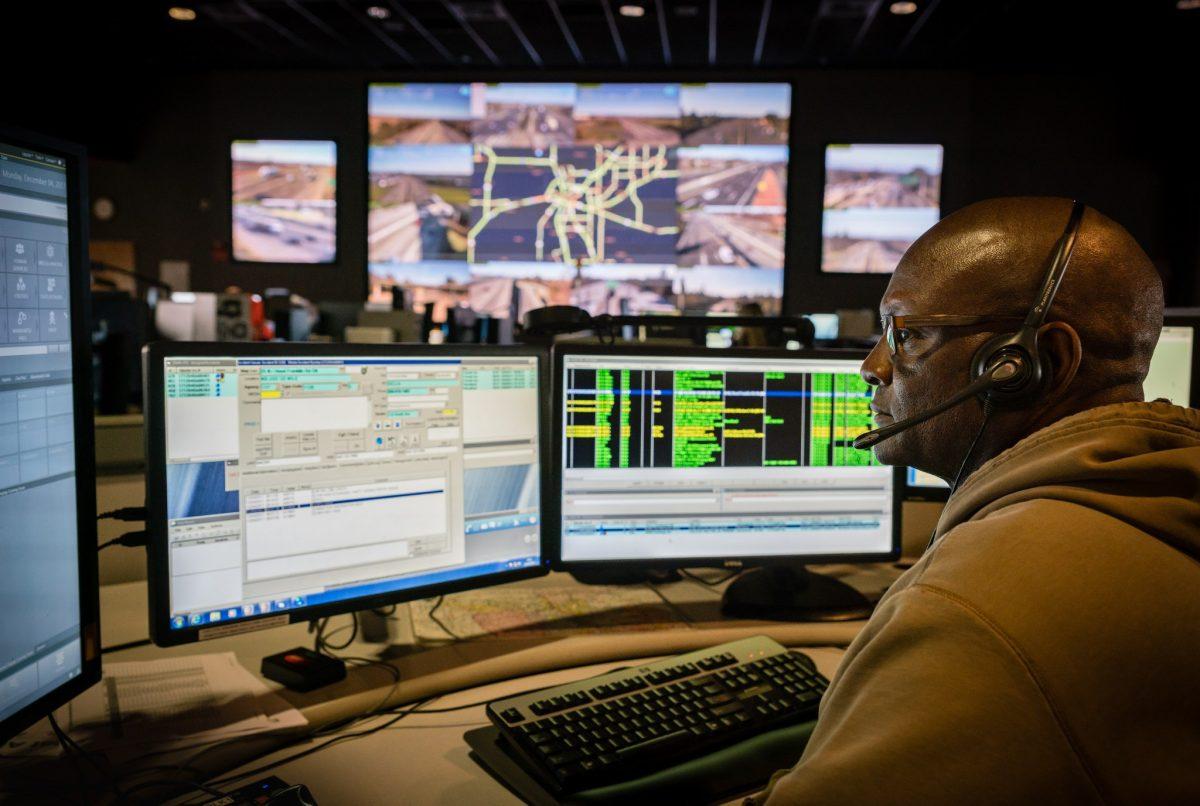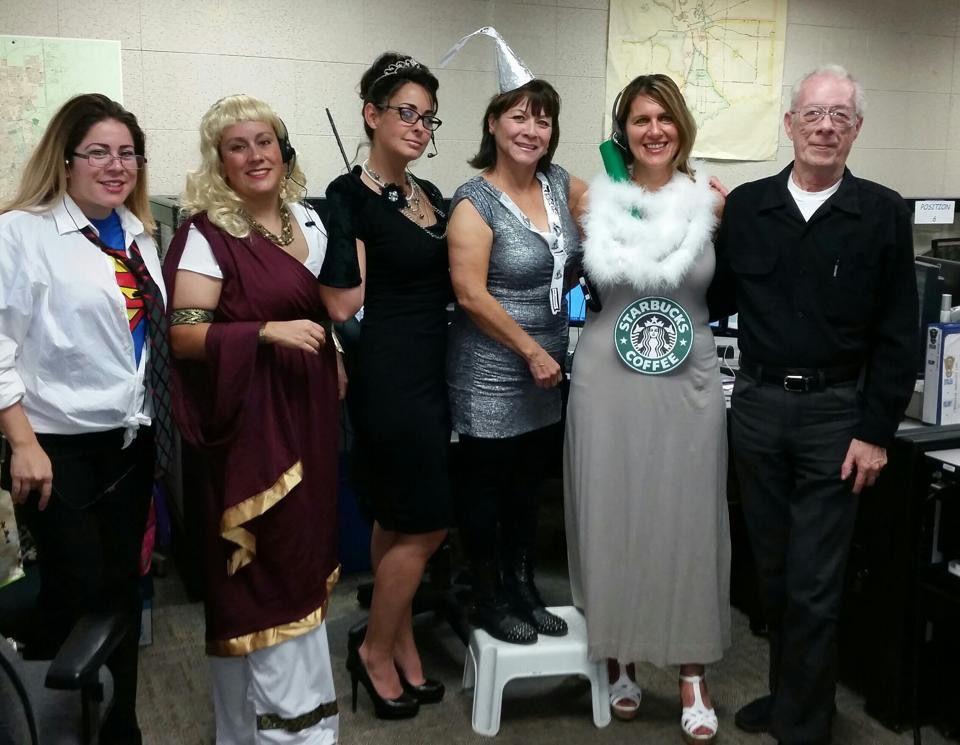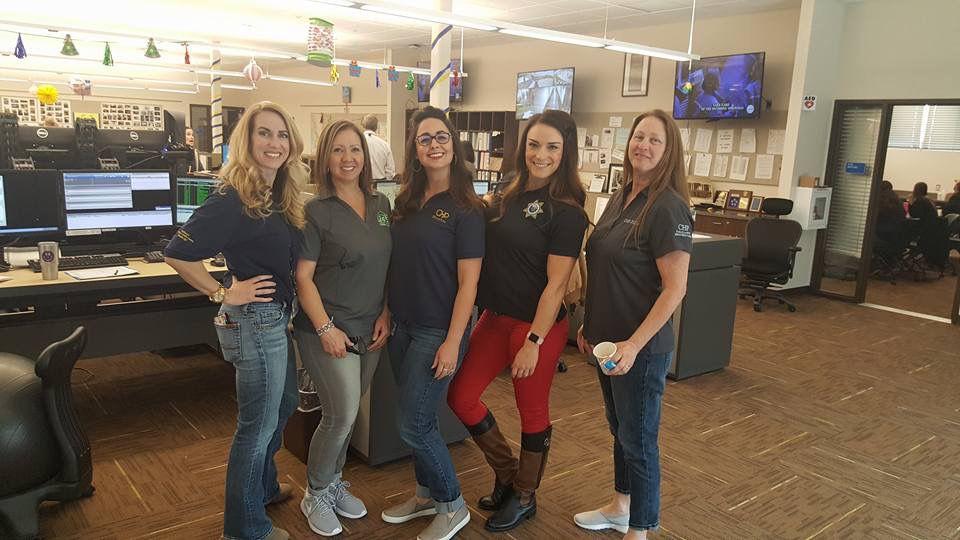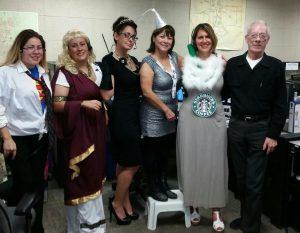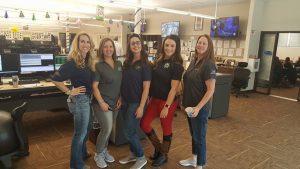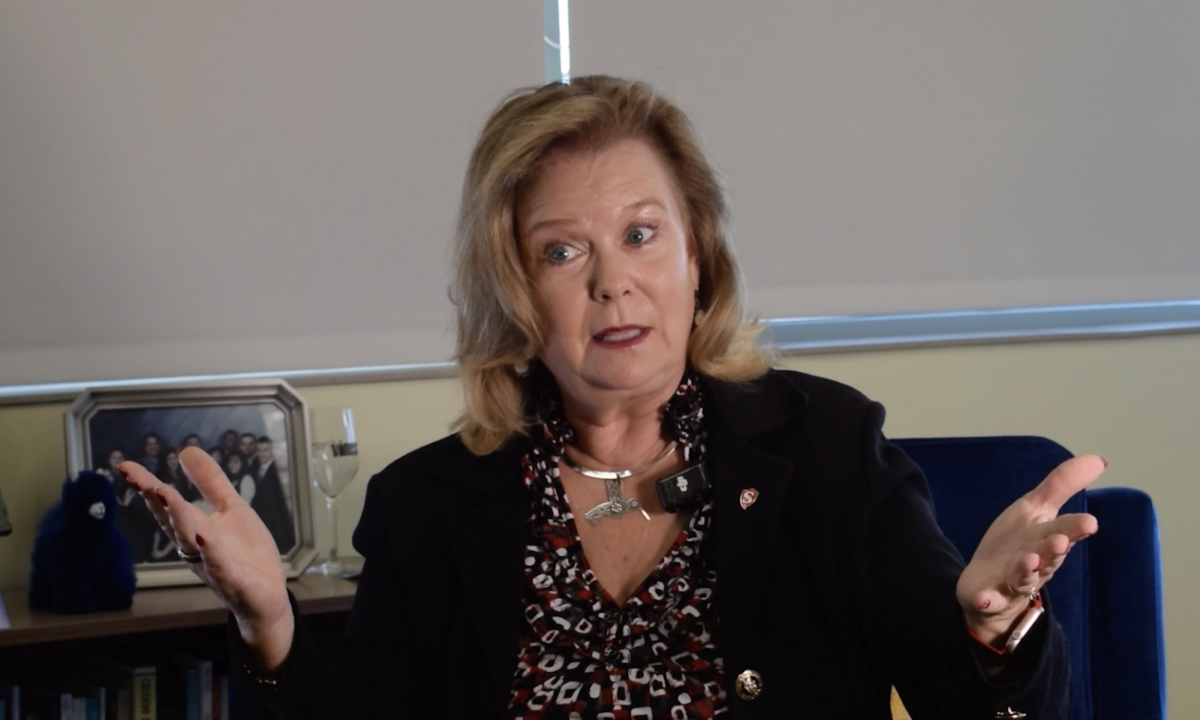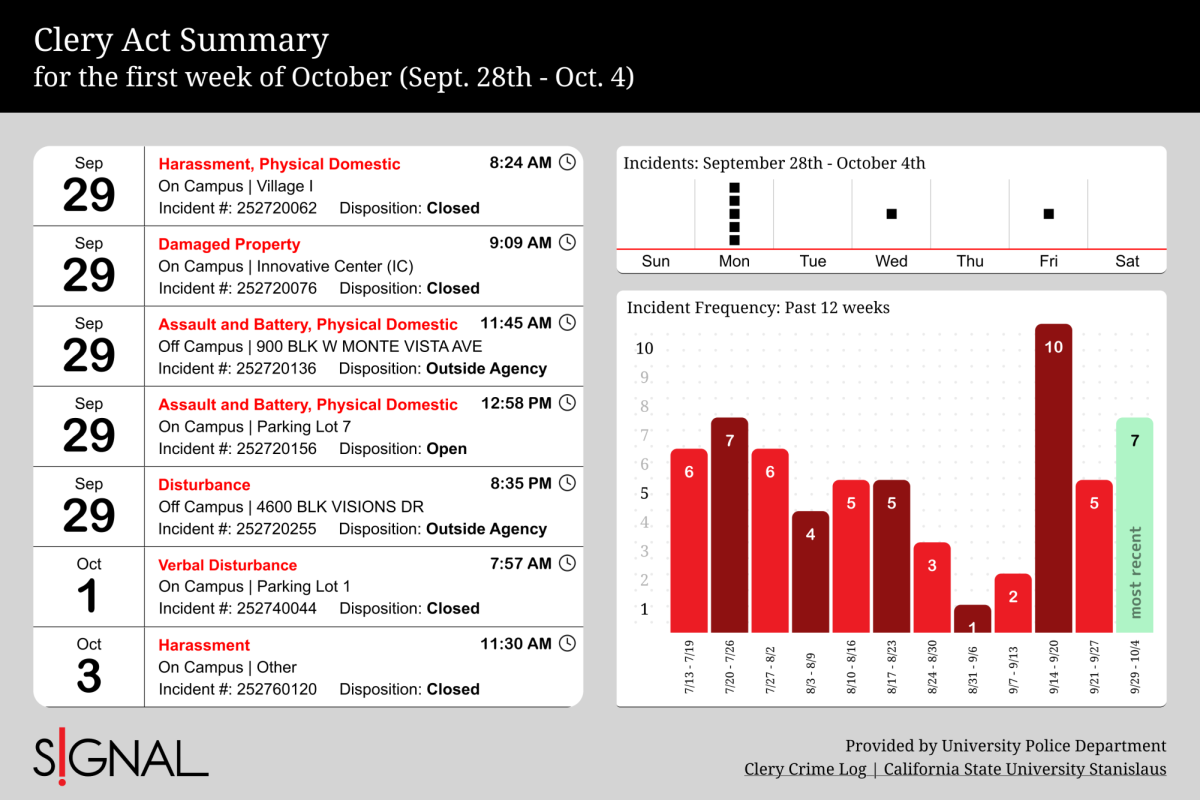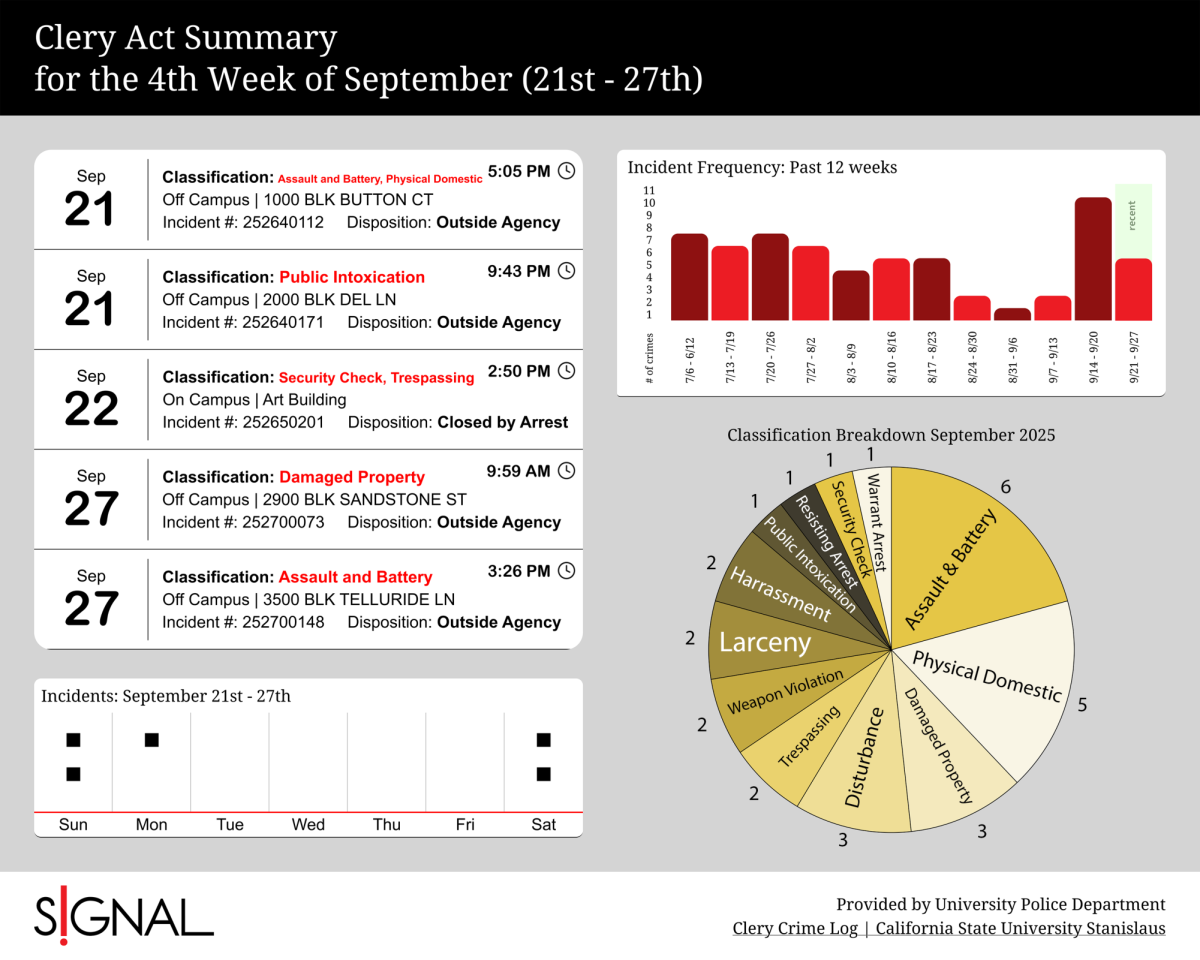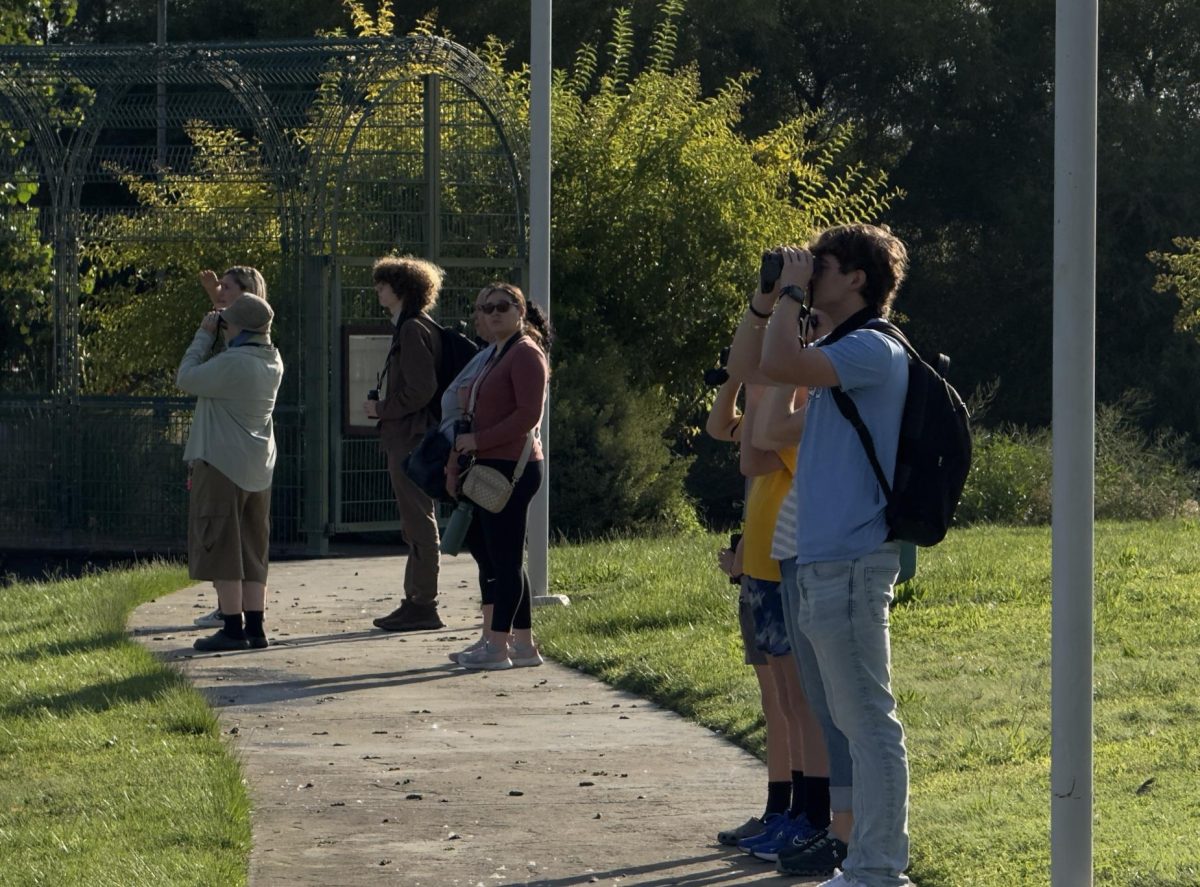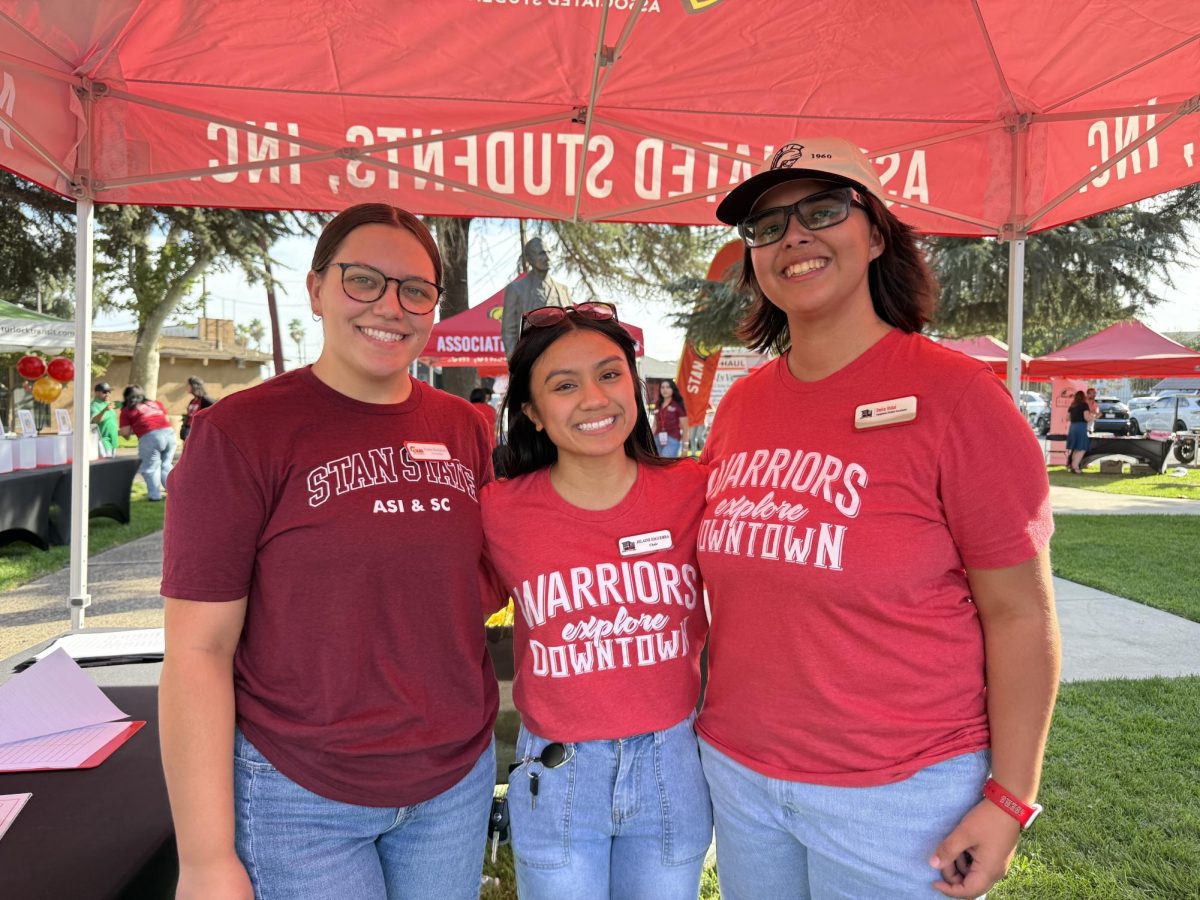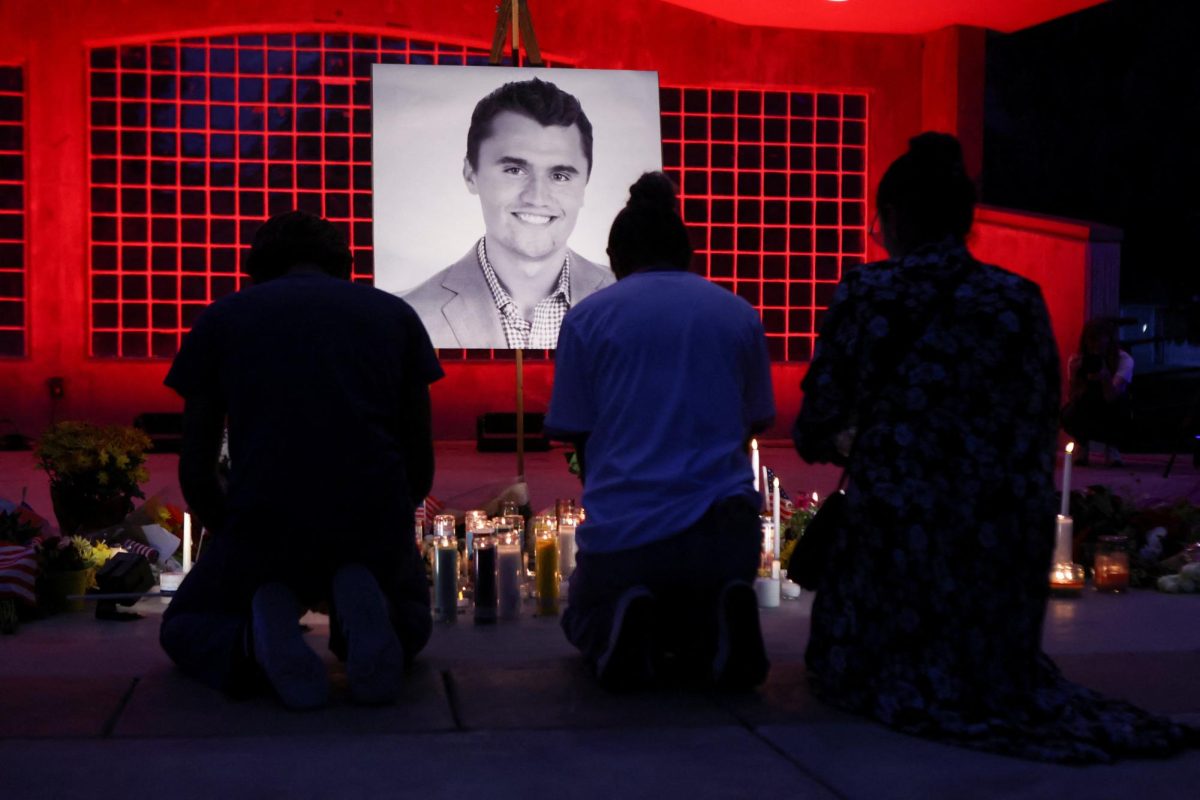The emotional consequences of being a 911 dispatcher is overwhelming, and Stockton California Highway Patrol Dispatchers have found strength through the madness.
Dispatchers have a 24 hour service, keeping their community safe by answering and resolving intense emergency phone calls. They do their absolute best to keep victims and their officers safe. They tend to call themselves a “life line”.
When taking on this type of responsibility, they have to be confident that they can handle the worst types of emergency scenarios by staying calm and rational at all times.
Rena Crutchfield is a Public Safety Dispatch Supervisor whose job entails overseeing dispatchers, supporting them and communicating with district attorneys on a daily basis. She started working for CHP 14 years ago and was a dispatcher for 11 years.
Crutchfield recalled when she was taking 911 calls regularly, “There’s stress levels and anxiety we go through not knowing what’s next, what call you’re going to get and the outcome of things,” she said, adding, “I think knowing you’ve helped somebody at the end of the day helps. It really does.”
Rena also touched on how important it is to constantly read road signs while on a drive and how paying attention to every address visited is an important safety practice.
“Back when I was taking more calls regularly I’d find someone who was lost…old people who are lost or didn’t know where they were and gave aid to them,” she said, “Know where you are. The cell phones don’t give accurate locations.”
Understanding how dispatchers can help you is essential. Knowing how to respond to our dispatchers may save a life.
Calls include: live suicide, kidnapping victims, domestic violence, and much more. The possibilities of what will be on the other end of the line are endless. Many dispatchers experience a callous to the heinous phone calls they receive. They have found their own ways to find peace with the violence they experience during their regular 12 hour shifts.
Rhonda Page, Stockton CHP dispatcher, explained how she handles her emotions when answering calls, “After having worked so many years in law enforcement, it has caused me to put up a wall at times in order to handle those difficult calls. All the training we’ve received and the experiences help us to keep it together so we can help others.”
Anthony Martin, Stockton CHP Dispatcher, explained his coping mechanisms, “When I was first learning how to be a dispatcher, a trainer told me, ‘Remember, their emergency is not your emergency’. Although this helps to remember, it’s impossible not to feel the weight of responsibility that rests on your shoulders, due to the trust the public puts in you. We come in contact with people who are often in the middle of the worst day of their lives,” he said, “I have found an ability to compartmentalize, as well as a personal policy of ‘not bringing it home’, can help. Having a good hobby, or several, that I can throw myself into after a difficult call will often put the day behind me.”
The stress of work can alter a dispatcher’s home life. Some admit that taking on this job has made them more emotionally unbalanced and has encouraged them to make stricter parental decisions that they would not normally make prior to CHP.
Samantha Bryant, Stockton CHP dispatcher, described how her daughters have been affected, “Since starting this job I’m more aware of the crime and where it is occurring in my city, so that made me a stricter parent… Since I talk to so many callers that have no idea of where they are at or how they got there.”
Bryant also found ways to make sure her children would always know their location, “I instilled in my kids over and over again to always be aware of their surroundings. Since they were little, I would quiz them while driving on roads and direction of travel,” she said, “The lack of patience and empathy that I’ve acquired from this job at times flows over into home life and how I interact with my kids.”
Erin Salcedo, Stockton CHP dispatcher shared how she and her daughter had responded emotionally to her new job and schedule, “…she was sheltered a lot because of the world that I heard. My daughter has heard about some of my calls and also had to deal with the emotional stresses that I held onto from my work day, which possibly kept her at a distance from me at times. The shift work kept us apart for most of the week, playing catch up with our quality time was hard. I can say it was hard for her, until it just became the normal.”
“My daughter got to also see the positive side of my job, her mom being a hero of sorts, a first responder. Something to be proud of,” Salcedo added.
Our students at the Stockton campus are looked over by California Highway Patrol Stockton, and the dispatchers play a huge role in protecting this community.

